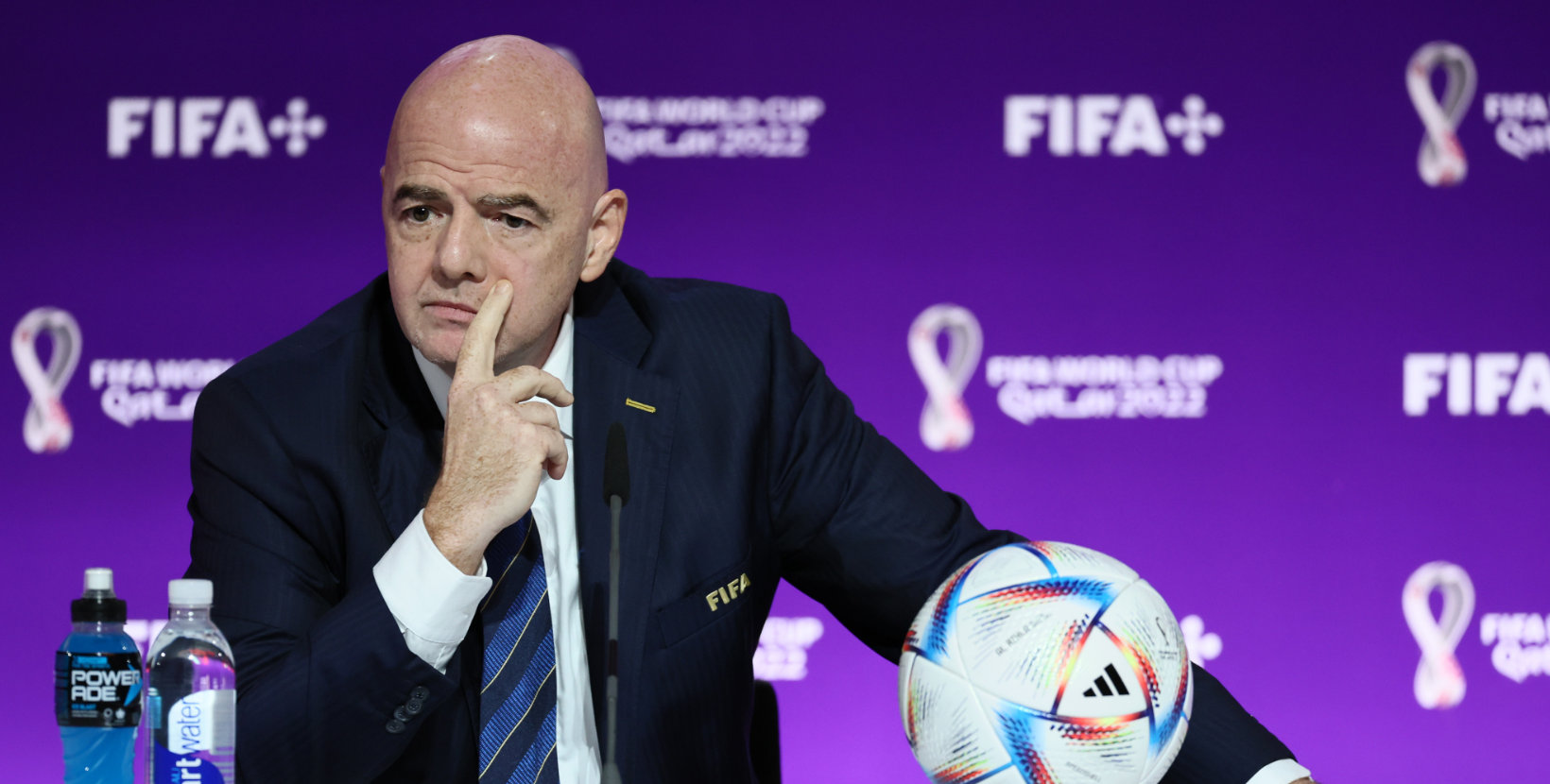
The current prize money structure of the Club World Cup is highly convoluted, and FIFA has yet to finalize tax exemption negotiations with the U.S. government.
FIFA even made advance payments to some clubs before the tournament kicked off, aiming to avoid U.S. taxation. Due to uncertainties over how to handle such transactions, each case has become an individual process, with no clear regulations governing the determination of specific payment amounts.
In the U.S., federal and state tax procedures differ. Since Brazilian clubs cannot file corporate taxes as U.S. limited companies, one alternative is to utilize the Effectively Connected Income (ECI) regime, under which a general tax rate of 30% applies to taxable amounts.
“Other funds—such as logistical support payments from FIFA to clubs, or income generated from activities outside the U.S. (e.g., image rights usage)—should not fall under U.S. taxation,” sources explained. Clubs must implement rigorous financial and accounting management to identify such expenditures and avoid improper levies by the U.S. Internal Revenue Service (IRS).
At the Brazilian club level, Botafogo, Flamengo, Fluminense, and Palmeiras will still pay 15% tax on relevant income to Brazil’s Federal Revenue Service via Corporate Income Tax (IRPJ, Imposto de Renda da Pessoa Jurídica). While declaring such income is mandatory, clubs can offset these Brazilian tax charges with taxes paid abroad, provided proper documentation is submitted.











